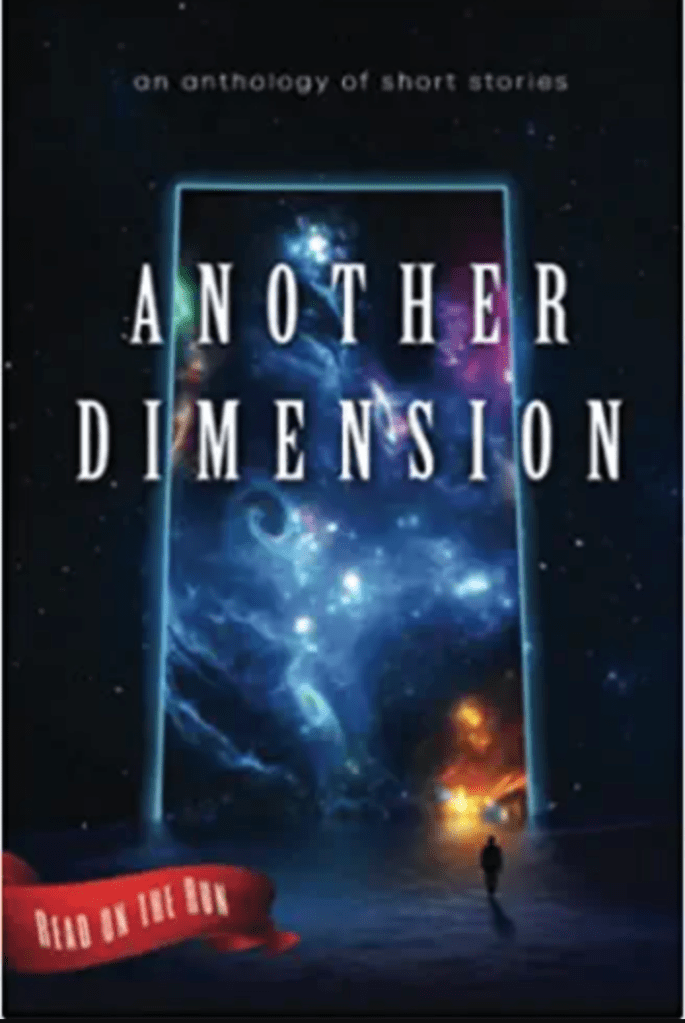Yup, that’s how long since we’ve written a blog. What? You didn’t know we were gone? That is sooooo disappointing.
Our excuse? Covid, climate change, the elections, uh…I know there must be more, like laziness.
In the past four years we’ve been writing only short stories. Honestly, writing two hundred page books is exhausting. We’re full of admiration for those who do it, and produce a tome or two yearly. As readers, we love writers that can take a series to four, six, eight or more stories. But, it’s clear when the author has tired of the protagonist. Sometimes the character ceases to develop, or a lesser character becomes the centerpiece of the novel, or the character is cast adrift from his/her familiar surrounding, perhaps by time traveling or developing amnesia. Several times we made a stab at book four in the Miss-Information Technology Series, but held back because we didn’t feel our ideas offered any character development––maybe we should have her time travel AND develop amnesia. To spare our dear reader(s) the disappointment of a disappointing mystery, we’ve turned to churning out, er, carefully crafting short stories. Here are just a few of the many published.
“Stark Raven Mad” in Over My Dead Body Magazine. Having witnessed a crime, highly intelligent Ravens seek revenge. http://www.overmydeadbody.com/index2.htm
“An Extinction of Dodos” in A Murder of Crows by Darkhouse Books. A woman must choose between her dodo-obsessed boyfriend and a pigeon. https://www.amazon.com/Murder-Crows-Sandra-Murphy/dp/1945467193/ref=tmm_pap_swatch_0?_encoding=UTF8&qid=1575811423&sr=8-4
“Bitch and Chips”-Murder in a world of biosensor. AND
“Cold Snap”-Does a robot care if it is about to be murdered? Both in the 2019 Bould Anthology by Jake Devlin. https://www.barnesandnoble.com/w/bould-awards-2019-short-story-anthology-jake-devlin/1134956778
We’ll discuss the others on a later post, but note how we drew your attention to the last two stories where we dipped our pens into the world of science fiction. Since their publication, we have, at times, combined mysteries and crime with the sci-fi genre.
Our most recently published short story, “Time for Change,” about intentionally corrupting the timeline, was published last month in Another Dimension.

We thoroughly enjoyed working with the editors, and recommend the anthology for some light reading.
Coming later this month, another published short story and another blog.
